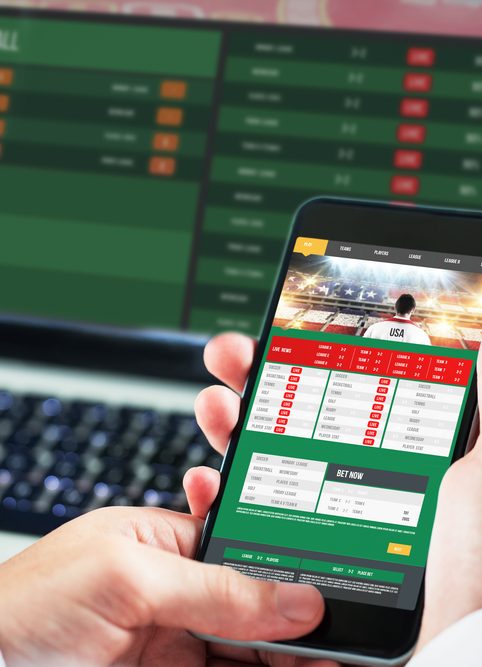There are a number of ways that odds can be read, from fractional, to decimal to American. Translating them from one format to another can be a tricky process which is why we at Compare.bet have built an odds converter that lets you convert the price of a wager instantly – it even tells you the implied probability! Try it out below.


| # | Outcome | Odds | Place Odds | Rule 4 |
|---|---|---|---|---|
| 1 |
|
/
|
|
|
| 1 |
|
/
|
|
|
| Total Outlay | Total Return | Total Profit |
|---|---|---|
|
-
|
-
|
-
|
| Fractional | Decimal | American | Implied Probability |
|---|---|---|---|
| 1/5 | 1.20 | -500 | 83.3% |
| 2.9 | 1.22 | -450 | 81.8% |
| 1/4 | 1.25 | -400 | 80% |
| 2/7 | 1.29 | -350 | 77.8% |
| 3/10 | 1.30 | -333.3 | 76.9% |
| 1/3 | 1.33 | -300 | 75% |
| 4/11 | 1.36 | -275 | 73.3% |
| 4/9 | 1.44 | -225 | 69.2% |
| 1/3 | 1.33 | -300 | 75% |
| 5/4 | 2.25 | 125 | 44.4% |
| 11/8 | 2.38 | 137.5 | 42.1% |
| 9/1 | 10.00 | 900 | 10% |
| 10/1 | 11.00 | 1000 | 9.1% |
| 20/1 | 21.00 | 2000 | 4.8% |
| 50/1 | 51.00 | 5000 | 2% |
| 100/1 | 101.00 | 10000 | 1% |
Frequently Asked Questions
How is probability calculated?
Working out the probability of an event, and therefore the odds of that event happening, is a very complex science. Bookmakers take into consideration a whole host of factors including the recent form of a team or individual, previous results between two opponents and the coaches pre-game comments, to name just a few. The best betting sites will also go into quite granular detail to price a bet, such as when and where on the pitch a football player has scored the most when setting the odds of the next goalscorer market, for example.
How can I calculate implied probability using sportsbook odds?
Sportsbook odds are simply a representation of how much you would be willing to lose and win when predicting if an event will happen. As such, they are not the same as the implied probability of an event, which is the overall likelihood of an event happening. In order to work out the implied probability from fractional odds, for example, you divide the denominator by the sum of the denominator and numerator and then multiply the result by 100.
What are the most common odds in the UK?
The odds most commonly used in the UK are fractional. The top number determines how much you win if you placed a wager equal to the bottom number. So, if you laid a £10 bet on odds of 7/1, you would win £70.
Can I convert odds on my chosen betting site?
Most betting sites in the UK provide players with the option to choose how they want to see the odds on display. This means you are free to flit between fractional, decimal and American odds as you wish.


